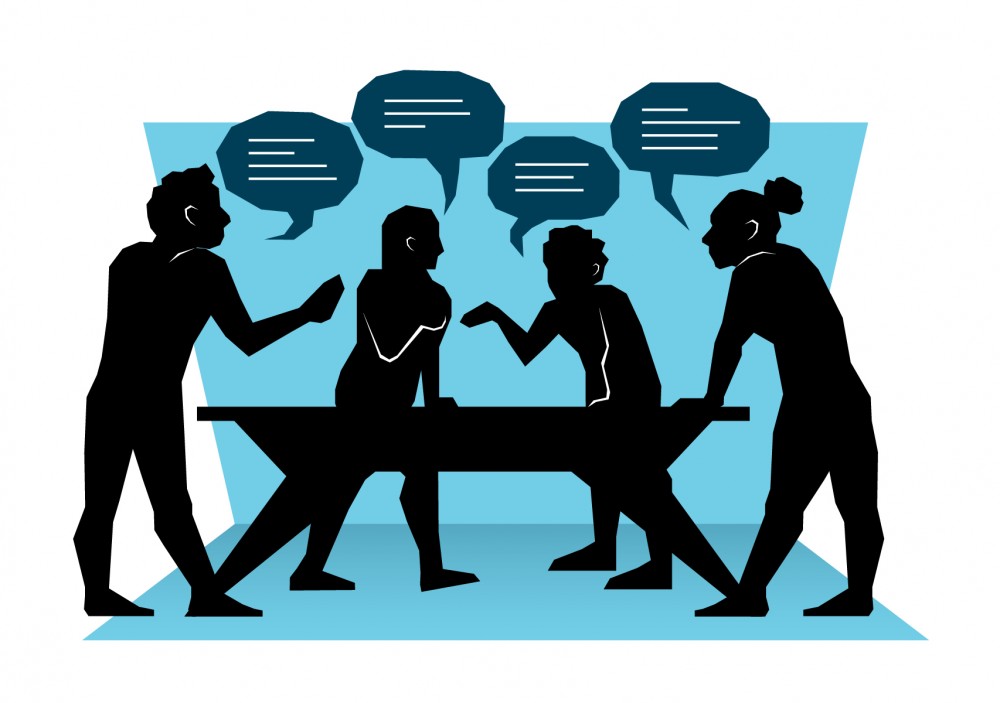Last week, freshly hired Saturday Night Live cast member Shane Gillis was exposed for using racial and homophobic slurs in his past comedy routines. SNL made the choice not to have Gillis join the cast, releasing a statement that said “The language he used is offensive, hurtful and unacceptable. We are sorry that we did not see these clips earlier, and that our vetting process was not up to our standard.”
His firing sparked a debate on the internet about the merits and drawbacks of what’s been dubbed “cancel culture,” where accusations of bigoted language or sexual harassment lead to celebrities’ apparent fall from grace.
However, pretending that “cancelling” a celebrity affects more than a single moment in their career is disingenuous to reality. Yes, Shane Gillis will no longer get to be on SNL, but if he follows the path of his predecessors like Kevin Hart, he’ll get to bounce back. The consequences will not be severe.
“Cancel culture” gave women, people of color, and other minorities the chance to criticize celebrities publicly for bigoted words that come out of their mouths, but not much beyond that. The real power remains in the court of the people who have always controlled Hollywood. Rich, privileged men, most of them white, have faced one iota of criticism for the first time, which they see as an attack.
Celebrities’ lives aren’t ruined by criticism. Sean Spicer, once the laughingstock of late night comedy, is currently making money and getting public exposure again on Dancing With The Stars. “Cancelling” someone doesn’t actually permanently remove anyone at all — they will inevitably appear in new forms later, just as rich and just as powerful.
Whether or not those who are “cancelled” deserve this criticism or eventual forgiveness isn’t the point. They will retain their core fan bases regardless. Even if they don’t get to be on SNL or host the Oscars, they’ll continue making movies, music and most importantly, money. The men and women who did wrong continually make comebacks, and oftentimes double down on whatever they were criticized for instead of learning or even apologizing.
That’s the real problem inherent in “cancel culture.” Gillis, like Hart and others before him, did not explicitly apologize or admit wrongdoing for any of his actions. There was no mention in either of his public statements of regret over using racial and homophobic slurs. He likely doesn’t think using these words was wrong, or deserving of criticism in the first place.
“Cancel culture” gives these celebrities something to blame other than their own actions. If they can believe that women or people of color are out to silence their voices, they don’t have to address their own bigotry, take responsibility for their own actions, or be held accountable. We, as the audience, should be careful to whom we commit our time and money. Cancelled or not, celebrities will only be as powerful as the number of people who faithfully back them. While they should be held accountable for their actions, we should be holding ourselves accountable for what we engage with. Let’s not help to perpetuate an unhealthy narrative that has historically held back communities from success.














